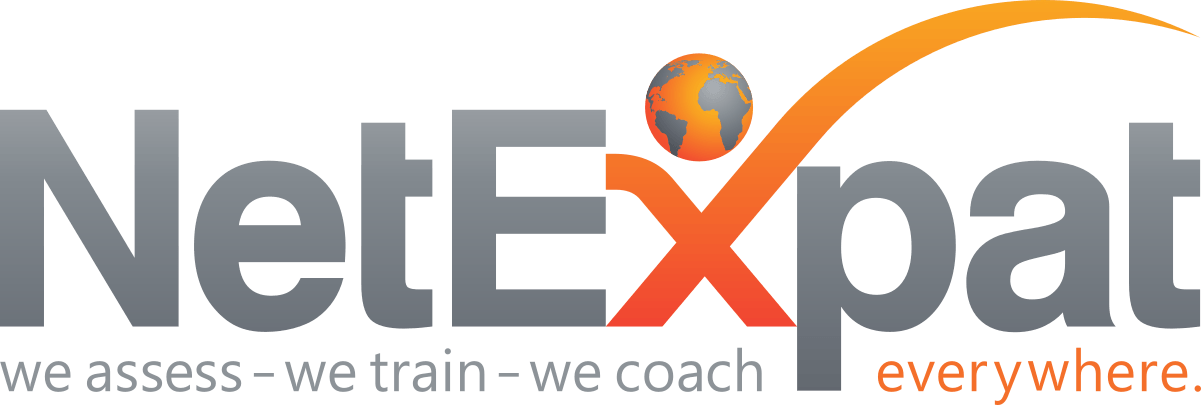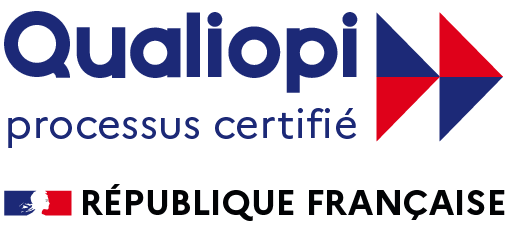Embracing Change, Building Community, and Finding Clarity Abroad

Interview with an Accompanying Partner
Moving is considered one of life’s most stressful experiences. And when it’s a global move, the complexity only grows. From logistics and compliance to culture shock and emotional adjustment, the journey can be as challenging as it is transformative. But these factors don’t just impact employees. They impact accompanying spouses and partners, too. And if they’re not supported, it can end up negatively impacting the business.
Data shows that when a partner or spouse is unhappy, assignments end early, and employees are less able to focus on their new roles.
In a recent conversation, multicultural expat Jaime shared his personal relocation story as an accompanying spouse: how he felt when he first learned he’d be moving, the ups and downs of settling in, and the tools and support that helped him along the way. Working closely with NetExpat, he found clarity, connection, and a renewed sense of purpose. Now, he’s looking ahead—in his own career and for ways to help others navigate their own global transitions.
Thanks for taking the time to talk with us, Jaime. Where are you originally from, and what’s your professional background?
Jaime - I’m originally from Colombia, but years ago my wife and I relocated to Mexico, where we spent years living and working. I started out as a digital marketing entrepreneur and eventually sold my performance marketing company. After that, I led marketing transformation work at a creative digital media studio. These days, I’m transitioning out of corporate life to build new ventures—mostly AI-powered marketing technology platforms.
And now you’re living in Singapore—what prompted that move?
Jaime - Both of our relocations were a result of my wife’s career. The timing on this latest relocation worked well for us: I was stepping into a new professional chapter, and we saw the move as a chance to grow personally and professionally while starting a new chapter for our family.
How did you feel when you first heard about the move to Singapore?
Jaime - Honestly, I was excited. I thought: if we relocated once, we could do it again. But I had no idea how different this move would be. Our first relocation—from Colombia to Mexico—was relatively smooth because the cultures share similarities; things felt familiar and easy. Singapore, on the other hand, was a huge shift. In the first few weeks, I remember thinking we’d made a mistake. We were so happy in Mexico, and suddenly here we were in a place where everything—from socializing to shopping and daily routines—felt completely unfamiliar. Singapore is incredibly efficient, which has so many advantages, but that pace can feel intense for someone coming from a culture where the rhythm feels slower and more relaxed. People seem calm on the surface here, but underneath, everything moves so quickly. It was a real cultural shock.
What were some of the biggest challenges in adjusting?
Jaime - At first, it was the practical things: work passes/visas, banking, housing timelines. Then it was the deeper challenges: rebuilding a professional network from scratch, staying connected with our family and friends across LATAM despite the difference in time zones—and operating entirely in English. Even though I speak the language, it’s not my native one, and expressing myself fully—especially in professional settings—takes extra time and energy. It all tested me, but it also accelerated my growth.
You posted a glowing review of NetExpat and your coach on LinkedIn. What made working with your coach so impactful?
Jaime:
The funny thing is, I never expected coaching to be so helpful. I’d always been skeptical, because I thought, “I’m smart, I can figure things out on my own.” But this was different. I was dealing with a lot of change: selling my business, grieving that loss, and moving halfway across the world. I was far from my parents, my friends, my entire support system. The coaching gave me space to process all of that and come up with solutions for dealing with it.
Did you receive any intercultural support or community connections through NetExpat?
Jaime:
Yes, and it made such a big difference. NetExpat had arranged for us to have a local guide named Shannon as a part of our coaching experience. She showed us around Singapore, but not as tourists—as future residents. She literally walked us through local markets so we wouldn’t just know where to shop, but how. We learned everyday expressions and got a feel for how things really work so we could integrate into our neighborhood more easily. But more than that, she also introduced us to an expat community. These were people who had experienced what we had and had come out on the other side. Now, many of them are our closest friends here—people from the Netherlands, Portugal, the U.S., and Australia. Our time with Shannon helped us feel grounded and gave us a social circle that made the city feel like home.
Was there a turning point when you felt, “Actually, this was the right move”?
Jaime:
Yes, definitely. The first month was a real challenge, but about a month in, we realized that growth only happens outside your comfort zone. In Mexico, we had good jobs, a great home, and a rhythm we loved. Singapore felt like it changed all of that. But once we committed to the change, found a house, and started building a routine, things shifted. Having a home—not just a temporary apartment where only some of our things were—helped us feel settled. We also started traveling around Asia on the weekends and our time off, visiting places like Bangkok and Hong Kong, and that reminded us of how lucky we are to be experiencing this part of the world. Between changing our mindset and the support from our NetExpat coach, we started to see the relocation as a great opportunity.
What advice would you give to others preparing for a global move?
I’d suggest 4 things:
List of services
-
First, treat relocation like a product sprint:List Item 1
in other words, create a simple roadmap to follow, celebrate every milestone (even small ones), and give yourself plenty of time for reflection.
-
Second, build three anchors very quickly:List Item 2
a place to work, a way to move your body, and a circle of people to connect with. It keeps you grounded when everything else feels unfamiliar.
-
Third, don’t underestimate the emotional side.List Item 3
Even if you’ve relocated before, every new place is completely different and things take you by surprise. Take advantage of coaching if it’s offered. It helped me to put everything into perspective and make the transition more easily.
-
Fourth—and maybe most importantly—enjoy the ride.List Item 4
Changing countries is hard. It’s expensive and it will test you. But it’s also a once-in-a-lifetime experience. The highs and lows are part of the journey—and if you let yourself embrace all of it, you’ll come out stronger and with stories that stay with you forever.
You’ve learned so much about yourself and the relocation experience that I think you’d make a great mentor to others who are going through the same thing. Are you planning to join the NetExpat Buddy Program? The Buddy Program matches each accompanying spouse or partner with a NetExpat Community member who has already navigated a relocation.
I’d be happy to participate. Every relocation is different, and every family member experiences it in their own way. If my experience can help someone feel less alone or more prepared, I’d love to contribute and be a buddy to someone who could use the support. Community shortens the distance—and I’ve seen firsthand how powerful that can be.
Global mobility affects more than just the relocating employee—it reshapes the lives of their partners and families. When organizations extend support beyond the workplace to include coaching, integration services, and peer-to-peer programs like The NetExpat Community Buddy Program, they help build stability, confidence, and connection for both the employee and their family from day one—which lays the groundwork for stronger integration, greater engagement, and more sustainable assignments over time. Supporting partners and spouses isn’t just good for families. It’s good for business.
To learn more about how NetExpat can help your organization strengthen global assignments, accelerate family integration abroad, and enhance global mobility outcomes, contact us at info@netexpat.com.
Share this post














